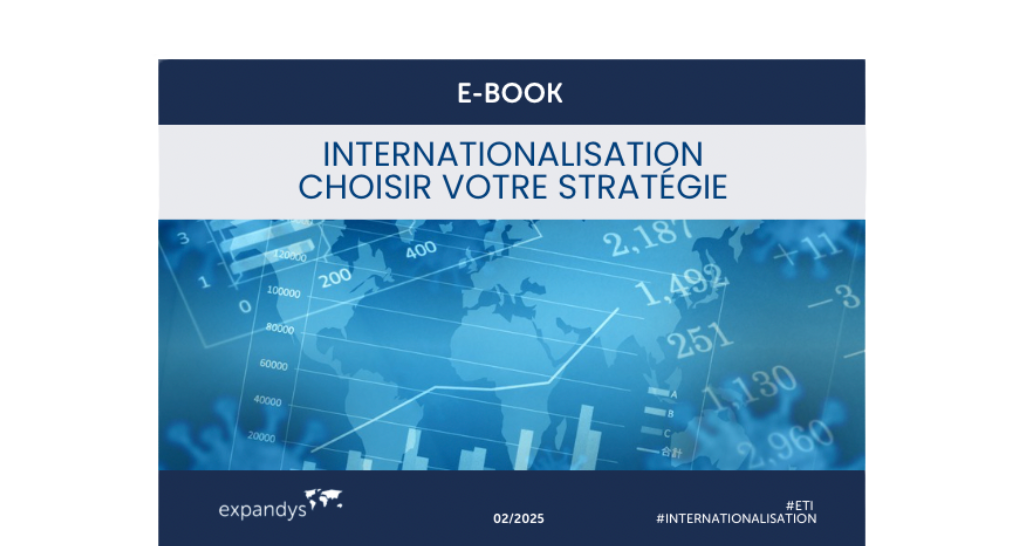Discover all of Expandys’ insights through our guides and templates.
2025 Import-Export with the United Kingdom: VAT and Customs for French Mid-Sized Companies
 Drew Barrett
Drew BarrettAuthor
Published on
The United Kingdom remains a key market for French companies, but since Brexit, administrative procedures have multiplied.
To succeed in your expansion and avoid fiscal and customs pitfalls, it is crucial to anticipate these obligations.
Discover the essential steps to ensure your business stays compliant and to optimise your cross-border trade.

1. Obtain a UK VAT Number
If you sell goods or services in the UK, obtaining a UK VAT number is mandatory.
Registration is done directly on the HMRC (Her Majesty’s Revenue and Customs) website and requires documents such as your company’s articles of association and proof of business activity.
Working with an expert can help you avoid mistakes and speed up the process.
Since 2025, the standard VAT rate in the UK has increased to 23%, while the reduced rates of 5% (domestic energy) and 0% (basic food items, books, newspapers) remain unchanged.
To stay compliant, it is essential to file your VAT returns regularly through the HMRC online portal.
2. Obtain a GB EORI Number
Any French company trading with the UK must have a GB EORI (Economic Operator Registration and Identification) number to submit customs declarations.
This process, available online through the HMRC website, should be completed in advance to avoid delays or customs blockages.
Import VAT reverse charge allows you to declare and deduct VAT directly on your periodic filings.
This option can significantly improve your cash flow and simplify financial management.
.gif?width=650&height=650&name=Blog%20-%20visuels%20snac%20(6).gif)
3. Benefit from Preferential Origin
French companies exporting products manufactured in the EU can benefit from customs duty exemptions through preferential origin.
You simply need to provide proof of origin, such as an invoice declaration or certificate of origin.
However, be careful: products made outside the EU — even if they transit through a European country — remain subject to customs duties.
Proper documentation is essential to avoid unexpected extra costs.
4. New Tax and Logistics Constraints
Since October 2024, the UK has tightened its taxation on foreign businesses.
These new rules increase operating costs and directly impact French companies.
It is essential to monitor regulatory developments and adapt your strategy to limit the financial impact of these reforms.
Additionally, online purchases from UK sellers now involve extra charges: French VAT, customs duties, and clearance fees.
Informing your clients and partners about these costs is crucial to avoid unpleasant surprises.
Secure Your Growth with Tailored Support
Your success in the UK depends on a strong understanding of fiscal and customs obligations.
In a constantly evolving environment, professional guidance can help you structure your expansion and secure your operations.
Need personalised support for your import-export projects?
uk@expandys.com
You may also be interested in:
Simplifiez la mise en place de votre portage salarial avec notre checklist pratique
Royaume-Uni : Opportunités et obligations pour les PME Françaises en Import-Export
Our downloadable resources
.png)
Checklist: Employer of Record (EoR)
Simplify the implementation of your umbrella employment with our practical checklist
.png)
Recruit and Manage Talent in Australia
All our advice to succeed in your HR strategy in Australia





